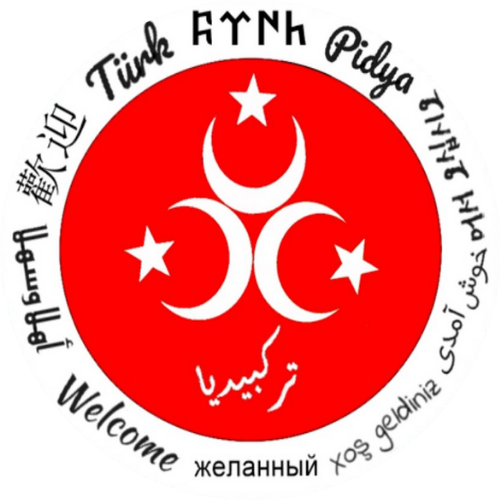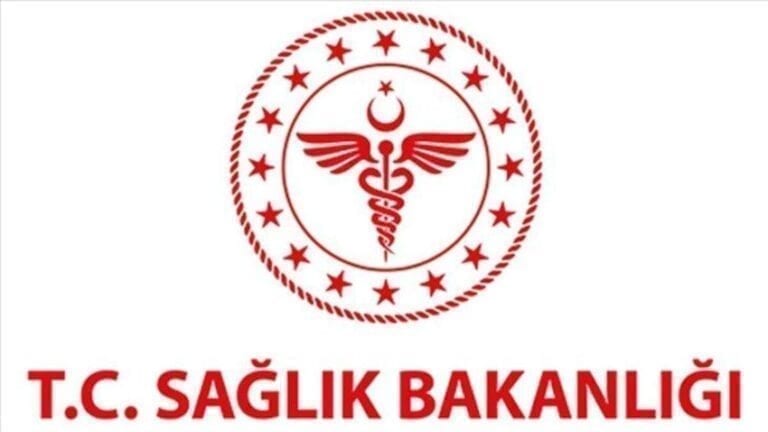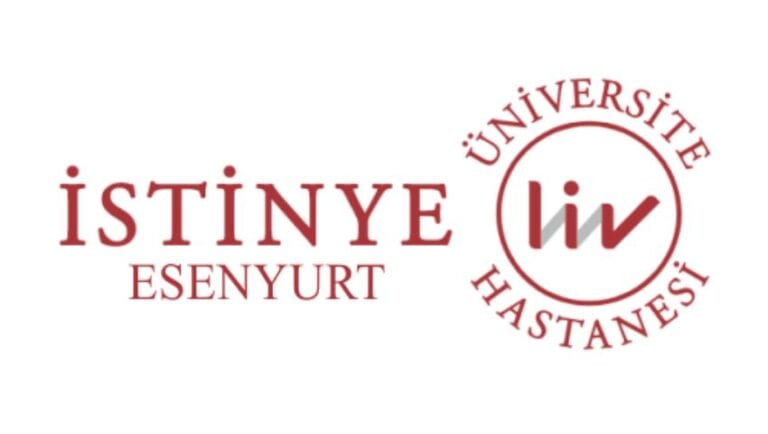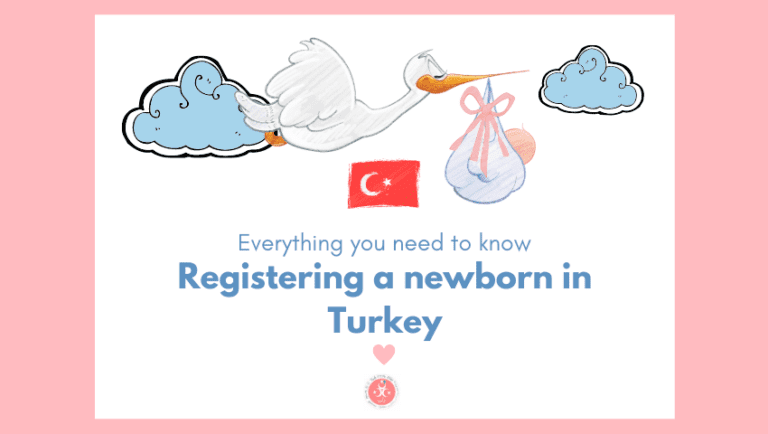Getting Married in Turkey: The 2026 Expat Guide to Documents & Costs
Table of Contents
Let’s be real: A wedding on the Bosphorus or the beaches of Antalya sounds like a fairy tale. But before you can enjoy that sunset, you have to complete a bureaucratic marathon that tests even the most patient couples. Turkey is not Las Vegas—you cannot just walk into a chapel and get married on a whim.
This guide is not theoretical fluff. It is your practitioner’s handbook for late 2025 and 2026. We will show you which documents you actually need (and which ones are often forgotten), where the hidden costs lurk, and why a missing “Apostille” can single handedly ruin your plans.

Why Get Married in Turkey? (And the Reality Check)
Aside from the stunning backdrop, many international couples choose Turkey for pragmatic reasons. It is one of the few countries where two foreigners can get legally married with relative ease, without having to live there.
- No Residency Requirement: You do not need to be a resident. Two tourists can legally marry here.
- Internationally Recognized: The Turkish Marriage Booklet (Uluslararası Aile Cüzdanı) is multilingual and recognized in Europe and beyond (though you may still need an Apostille or legalization for your home country’s authorities).
- Speed: If your paperwork is perfect, you can get married within 2-3 days of applying.
The Paperwork War: Documents & The “Apostille Trap”
First things first: Nothing moves without an Apostille. If you bring foreign documents (like your birth certificate) to Turkey, they must be stamped with an Apostille in your home country. Turkish authorities generally do not accept simple foreign certificates without this specific cross border verification.
The Checklist for Foreigners
Both partners must appear personally at the Marriage Bureau (Evlendirme Dairesi). Prepare the following dossier:
- Certificate of No Impediment (CNI) / Affidavit of Eligibility: This is the most critical document. It proves you are single.
Note: US citizens typically need an Affidavit from the US Embassy in Turkey; UK citizens need a CNI. This document must be translated and notarized or Apostilled. - International Birth Certificate (Formula A): If you have a multilingual “Formula A” birth certificate from Europe, it is often accepted without translation. All others must be translated and notarized.
- Passport: The original passport and a notarized translation of it (Pasaport Tercümesi).
- Health Report (Sağlık Raporu): A state issued certificate confirming you have no contagious diseases (more on this below).
- Photos: 4 to 6 biometric passport photos (not older than 6 months).
Expert Tip: Always get your translations done in Turkey by a Yeminli Tercüman (Sworn Translator) and then notarized by a Turkish Notary (Noter). Translations brought from abroad are frequently rejected due to formatting nuances. Also, ensure you understand the Turkish address format when filling out forms to avoid clerical errors.
The Health Test: More Than Just a Blood Draw
In Turkey, a pre marital medical check is mandatory. You cannot simply go to a private clinic of your choice; the report often needs to be signed off by a local Aile Hekimi (Family Doctor).
What is tested?
- Blood type (Rhesus factor)
- Hepatitis B and C, HIV, Syphilis
- SMA Test (Crucial!): Since late 2021, the SMA (Spinal Muscular Atrophy) genetic screening is mandatory before marriage. Usually, the male partner is tested first. If he is a carrier, the female partner is tested. Budget extra time for this, as results can take days or weeks.
What Does a Wedding in Turkey Actually Cost in 2025/2026?
Forget old blog posts with 2021 prices. Inflation in Turkey has drastically shifted the fees. Here is a realistic calculation for the 2026 outlook:
1. Official Fees (Marriage Bureau)
- International Marriage Booklet (Aile Cüzdanı): The official state fee is 1,202 TL as of 1 January 2026.
- Municipality Service Fee: If you marry at the bureau on a weekday, the extra cost is often just 1,000-1,500 TL.
- External Location / Weekend: Do you want the registrar to come to your hotel or officiate on a weekend? Fees skyrocket depending on the district, ranging from 3,000 TL to over 10,000 TL (e. g., in popular districts like Beşiktaş or Kadıköy).
2. The Hidden Costs (Notary & Translation)
This is where foreigners spend the most money. Notary fees (Noter ücretleri) saw significant hikes in 2025.
- Translation: Approx. 800-1,500 TL per document (varies by language and length).
- Notary Approval: Expect around 1,770 TL per page in 2026 for low-density documents such as passports (stamp/seal only).
- Sworn Interpreter: If you do not speak Turkish, a sworn interpreter is legally required during the ceremony. Cost: approx. 2,000-4,000 TL.
Bottom Line: Set aside at least 300-500 USD just for the paperwork, excluding any celebrations. For a broader look at cost of living shifts, check our guide on renting in Istanbul in 2026.
Legal Hurdles: Surnames, Waiting Periods & Polygamy
The Wife’s Surname
This has been a major legal issue in Turkey. With the Constitutional Court decision that entered into force on 28 January 2024, married women are legally entitled to use only their maiden surname without filing a lawsuit. Civil registry offices are required to apply this ruling.
The Standard: You will likely be assigned the husband’s name or a combination. If you want to keep only your maiden name, you must explicitly request this at the marriage bureau and may need to insist on the current case law.
The 300-Day Rule (Iddet Müddeti)
Turkey still enforces a 300-day waiting period for divorced women before they can remarry. This outdated law is intended to prevent paternity disputes regarding potential pregnancies. For context on these trends, see the marriage and divorce statistics in Turkey.
The Workaround: This waiting period can be waived with a medical report (confirming you are not pregnant) and a court order (Iddet müddetinin kaldırılması davası).
Civil vs. Religious Marriage (Imam Nikahı)
A crucial distinction: Only the civil marriage (Resmi Nikah) is legally binding. A religious ceremony (Imam Nikahı) has zero legal standing and, by law, can only be performed after the civil ceremony is complete.
After the “I Do”: The Residence Permit
Many assume marrying a Turk grants immediate citizenship. False. You initially gain the right to a Family Residence Permit (Aile İkamet İzni).
- 2025 Card Cost: The card fee is 810 TL, plus visa fees depending on your nationality.
- Validity: Usually issued for 1 year initially, then up to 3 years.
- Citizenship: You can only apply for Turkish citizenship after 3 years of marriage and living together.
If you plan to stay long-term, ensure your devices work by checking our guide on phone registration and IMEI fees in 2026.
Summary: Step-by-Step
- Obtain your Certificate of No Impediment/Affidavit and Birth Certificate (Apostilled!).
- Have everything translated and notarized in Turkey.
- Complete the Health Check (including SMA test and lung X ray).
- Go together to the Marriage Bureau (Evlendirme Dairesi) of your chosen municipality.
- Pay the fees and set a date.
- Organize two witnesses (they cannot be immediate family and must have valid ID).
Getting married in Turkey requires patience, but the reward is a ceremony in one of the world’s most beautiful locations. Plan buffer time for the authorities, and your big day will be unforgettable.







